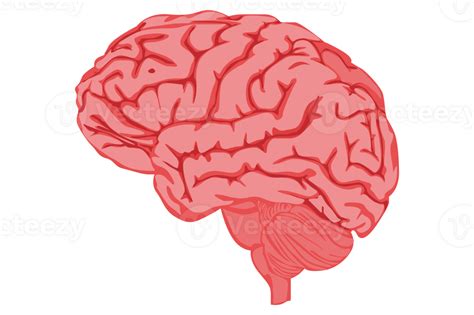What is one often-overlooked factor that significantly impacts a man’s ability to recover effectively from intense strength training sessions?

The Unsung Hero: Sleep Quality and Architecture
When men push their bodies to the limit with intense strength training, the focus for recovery typically gravitates towards protein intake, caloric surplus, strategic deloads, and active recovery techniques. While these elements are undeniably crucial, there’s one often-overlooked factor that profoundly dictates a man’s ability to bounce back, adapt, and grow stronger: the quality and architecture of his sleep.
It’s not merely about the duration of sleep, but the depth and progression through its various stages, particularly the amount of deep (slow-wave) sleep and REM sleep. These specific phases are biological powerhouses for recovery, and their disruption can derail even the most meticulously planned training and nutrition regimen.

The Hormonal Symphony During Sleep
Intense strength training places significant stress on the body, leading to muscle micro-tears, glycogen depletion, and central nervous system (CNS) fatigue. The repair and adaptation process is largely mediated by hormones, and sleep is the primary orchestrator of this delicate hormonal balance.
Testosterone Production
For men, testosterone is a critical anabolic hormone vital for muscle protein synthesis, strength gains, and overall vitality. The majority of daily testosterone production occurs during sleep, specifically during the later stages of the sleep cycle. Insufficient or fragmented sleep, especially a lack of deep and REM cycles, directly correlates with lower testosterone levels, hindering muscle repair and growth.
Growth Hormone Release
Human Growth Hormone (HGH) is another powerful anabolic hormone crucial for tissue repair, fat metabolism, and muscle growth. Its peak release occurs during deep sleep. A compromised deep sleep stage means a significantly reduced HGH pulse, thereby impairing the body’s capacity to repair damaged tissues and rebuild stronger muscles.

Cortisol Regulation
While testosterone and HGH promote anabolism, cortisol is a catabolic hormone that breaks down tissues. While necessary in acute stress (like training), chronically elevated cortisol levels can impede recovery, suppress the immune system, and promote fat storage. Quality sleep helps regulate cortisol levels, bringing them down to baseline, whereas sleep deprivation keeps them artificially high, creating a catabolic environment detrimental to recovery.
Central Nervous System (CNS) Recovery
Beyond muscle tissue, the CNS takes a significant hit during heavy lifting. It’s responsible for motor unit recruitment, coordination, and overall mental drive. Sleep, particularly REM sleep, is essential for CNS restoration, cognitive function, and mental resilience. A poorly recovered CNS can manifest as persistent fatigue, decreased motivation, reduced strength output, and an increased risk of injury.

Practical Steps for Optimizing Sleep Recovery
Recognizing the profound impact of sleep quality is the first step. Here are actionable strategies to enhance your sleep architecture:
- Consistency is Key: Go to bed and wake up at roughly the same time every day, even on weekends, to regulate your circadian rhythm.
- Create a Pre-Sleep Routine: Wind down 60-90 minutes before bed. This could include reading, gentle stretching, meditation, or a warm bath.
- Optimize Your Sleep Environment: Ensure your bedroom is dark, quiet, and cool (ideally 60-67°F or 15-19°C). Block out light and noise.
- Limit Blue Light Exposure: Avoid screens (phones, tablets, computers, TVs) for at least an hour before bed, or use blue light filtering glasses.
- Manage Caffeine and Alcohol: Limit caffeine intake in the afternoon and evening. Alcohol, while it might initially make you feel drowsy, severely disrupts sleep architecture, particularly REM sleep.
- Regular Exercise (But Not Too Close to Bed): Strength training itself can improve sleep quality, but avoid intense workouts too close to bedtime as it can be stimulating.

Conclusion: Make Sleep Your Priority
For men dedicated to strength training, overlooking sleep quality is akin to driving a high-performance car with low-grade fuel. You might get by, but you’ll never achieve optimal performance or longevity. Prioritizing deep and restorative sleep is not a luxury; it’s a non-negotiable component of effective recovery, hormonal health, and ultimately, sustainable strength and muscle gains. Integrate it as seriously as you do your sets and reps, and you’ll unlock a new level of recovery and performance.








